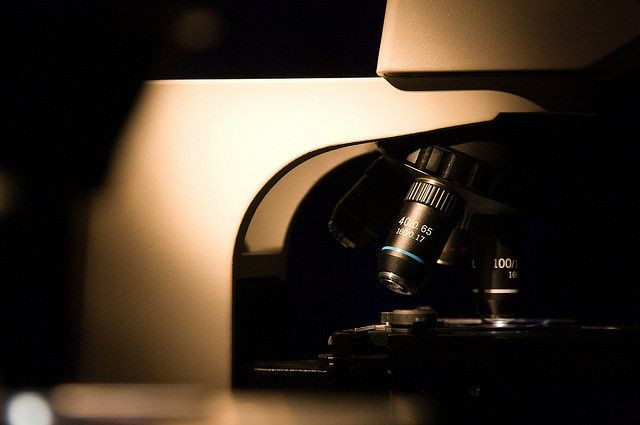2013 Nobel Prize In Medicine: James Rothman, Randy Schekman, And Thomas Sudhof Win For Mapping Vesicle Trafficking

The 2013 Nobel Prize in Medicine has been awarded to U.S.-based scientists James Rothman, Randy Schekman, and German-born Thomas Sudhof for their separate discoveries of the biological mechanisms that regulate the transportation of proteins in cells. Their findings reveal how the fundamental units of life use tiny bubbles, known as vesicles, to ship and secrete hormones, brain chemicals, and other compounds throughout the cell structure. The prize will be presented formally on Dec. 10 in Stockholm, Sweden.
“Through their discoveries, Rothman, Schekman and Südhof have revealed the exquisitely precise control system for the transport and delivery of cellular cargo,” the Nobel Assembly at Karolinska Institutet wrote in a press release. “Disturbances in this system have deleterious effects and contribute to conditions such as neurological diseases, diabetes, and immunological disorders.”
Their three independent discoveries were critical to the development of the current understanding of vesicle trafficking. Schekman, a professor in the molecular and cell biology department at the University of California, Berkeley, identified a set of genes required by the minute transportation network. Rothman, a professor of chemistry at Yale University, mapped the chemistry behind the “docking” processes whereby cargo is loaded and delivered. Sudhof, a professor of cellular physiology at Stanford University, discovered how different signals regulate vesicle activity.
These precise transportation protocols greatly benefit pharmaceutical research and engineering, as they reveal how manufactured substances like insulin and neurotransmitters reach their final destination. While the work has not generated a particular drug, it will likely underpin countless research efforts in the future. Jeremy M. Berg, director of the Institute for Personalized Medicine at the University of Pittsburgh, said that Rothman, Schekman, and Sudhof’s discoveries have had a tremendous impact on laboratories all over the world.
"You can't understand anything about how the brain works without understanding this process. You can't understand anything about hormone secretion without understanding this process,” he told Reuters. "It's one of the prizes for which there is not a treatment that came out of it directly, but there are probably literally thousands of laboratories around the world whose work would not be taking place the way it is without their work."
The scientists themselves are all thrilled to receive the Nobel Prize, which is widely regarded as the most prestigious award in the world.
“My first reaction was, ‘Oh, my god!’” Schekman, 64, said in a Berkeley statement released earlier. “That was also my second reaction.”
Published by Medicaldaily.com



























